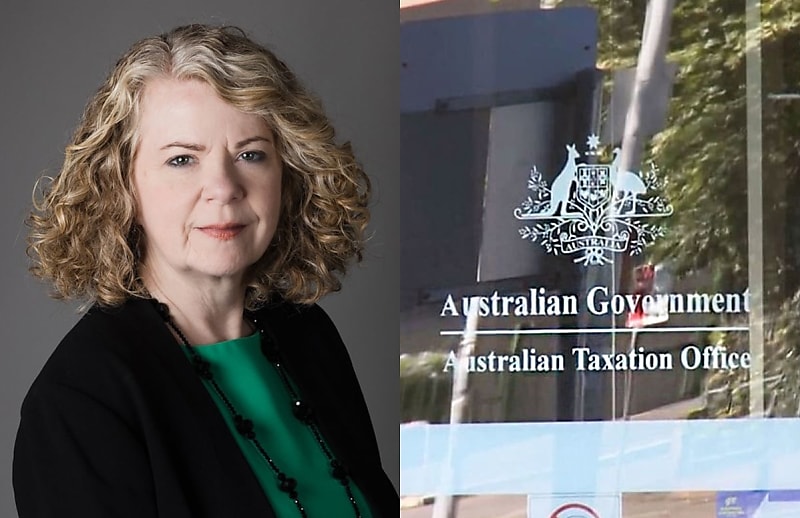Consistent outcomes critical for building trust in tax system, says IGTO
TaxGreater transparency around how the ATO makes decisions in areas such as GIC remissions would help build further trust in the tax system, the Tax Ombudsman has said.

The Inspector-General of Taxation and Taxation Ombudsman (IGTO) Ruth Owen has stressed the importance of both transparency and consistent outcomes for establishing trust within the tax system.
Speaking recently with the Institute of Finance Professionals Australia (IFPA), Owen said ensuring that taxpayers in the same circumstances were paying the same tax and receiving the same treatment was critical for building trust between taxpayers and tax authorities.
The IFPA noted that some of its members had raised concerns about the ATO's decision process for remitting GIC.
CPA Australia similarly raised concerns in this area during the government's consultation on legislation to deny deductions for the general interest charge and shortfall interest charge.
The accounting body said its members had reported "widely varying outcomes" when applying to the Commissioner for the revision of GIC and SIC.
"These inconsistencies suggest that remission decisions are often subjective, appearing to depend more on the case officer managing the request rather than the merits of the case, even when the facts are identical," CPA said in a submission last year.
The IFPA said its members were concerned that the criteria for getting interest remitted "seemed very opaque and inconsistently applied", particularly with the start date for GIC and SIC deduction changes fast approaching.
The IGTO said that tax agents were in a unique position as they see outcomes for multiple taxpayers as opposed to individual taxpayers who only know what outcome they've received personally.
Owen said consistency was one of the core principles for good tax administration.
Transparency around how the ATO makes decisions was important and must be at the heart of the tax system, as it relied on voluntary compliance.
"At the end of the day, the tax system has to be built on trust and you can only really have an expectation of trust between taxpayer and the tax authority if you’ve got confidence that someone in the same circumstance as me is paying the same tax as me and is getting the same treatment as me."
"Agents sense this issue because they’ve got this overview of the lack of consistency."
Owen acknowledged that the ATO publishes rulings and practice statements which set out its approach towards decisions.
"I know they don’t want to give away all their secrets about how they make all their decisions but might it be useful for them to share when they’re making a judgment about something like remission, what are the key considerations they’ve got?" she said.
For example, ATO could potentially provide more transparency around the checklists and scripts that its staff are trained on, she explained.
The IGTO said this would assist tax agents in advising clients whether it was worth putting a case forward or not.
"I think for […] agents more broadly, knowing how decisions are made is critical and that goes to the good relationship with agents."
Owen said GIC remissions in particular were front of mind at the moment, given the changes to GIC and SIC deductions set to commence next month.
She revealed in April that a review into GIC remissions was one of the potential topics included in her shortlist of reviews for the next financial year.




